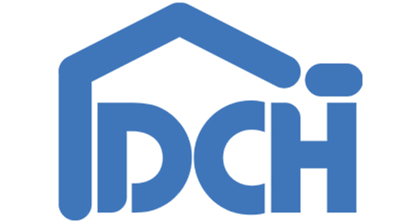Lately, an interesting solution to the challenges of increased flexibility in living conditions and the need to find cheaper or more cost-effective housing is the expandable house concept. Modern homes of the future allow the occupants to modify their living spaces as their lifestyles change. Expandable houses are particularly attractive now when requirement for housing is on the rise, prices are through the roof and urbanization is not going anywhere. The main advantage of expandable houses is the fact that they can be integrated and enlarged with the family that lives in it. What started off as a small area of dwelling, these houses now add space in the form of extensions to help the users tailor their homes. This versatility not only improves homeowners’ standards of living but also helps to tackle the current worldwide concern of homelessness and inadequate housing in several cities. The other obvious benefit that expandable houses offer is their sustenance. Building in the conventional way often brings about waste and inefficiency while modular building methods cut down material usage and in turn, carbon emissions. While many expandable houses today have green designs, the fact that they are expandable makes them all the more appealing to eco-friendly consumers. Let’s face it, given the current situation regarding climate change, the need for green housing solutions will only increase and therefore the popularity of expandable homes as well. Moreover, the low cost of expandable houses is also fundamental to their growing popularity. As housing programs are reaching their all-time-high prices in many urban centers, would-be buyers have turned their focus to affordable substitutes that do not compromise quality. People can use expandable houses as an economical option to begin with smaller space and later expand with increased earnings. Such a concept makes not only availability easier, but also makes buyers more responsible. Remote working and personalisation of the spaces seem to drive towards expansion of the houses. The more people accept the idea of working from home, more such houses would be required. Expandable houses can be built to include an office, guest room, or even extra rooms for modern families. This flexibility is a major selling point for prospective house owners who want a house that evolves with them. In conclusion, the future housing is clearly shifting into more adaptable and affordable housing areas. Expandable homes are a pretty good solution with the rapid urbanization, environmental problems and economic pressures. The trend in this direction does not seem to slow down and therefore it is reasonable to expect more actual designs and constructions that would make such houses common in real estate. Increasingly, modular construction and sustainable practices are the two trends that will dominate construction into the future. As the technology gets better it is likely that the efficiency and the amount of options for customization for expandable houses will improve, making it an ever-attractive option for potential homeowners. With the sustainability and flexibility becoming more and more defining factors on countless aspects, it is reasonable to assume the future market will see a rise in the number of expandable houses, which will change the perspective for the definition of living spaces and home ownership.

